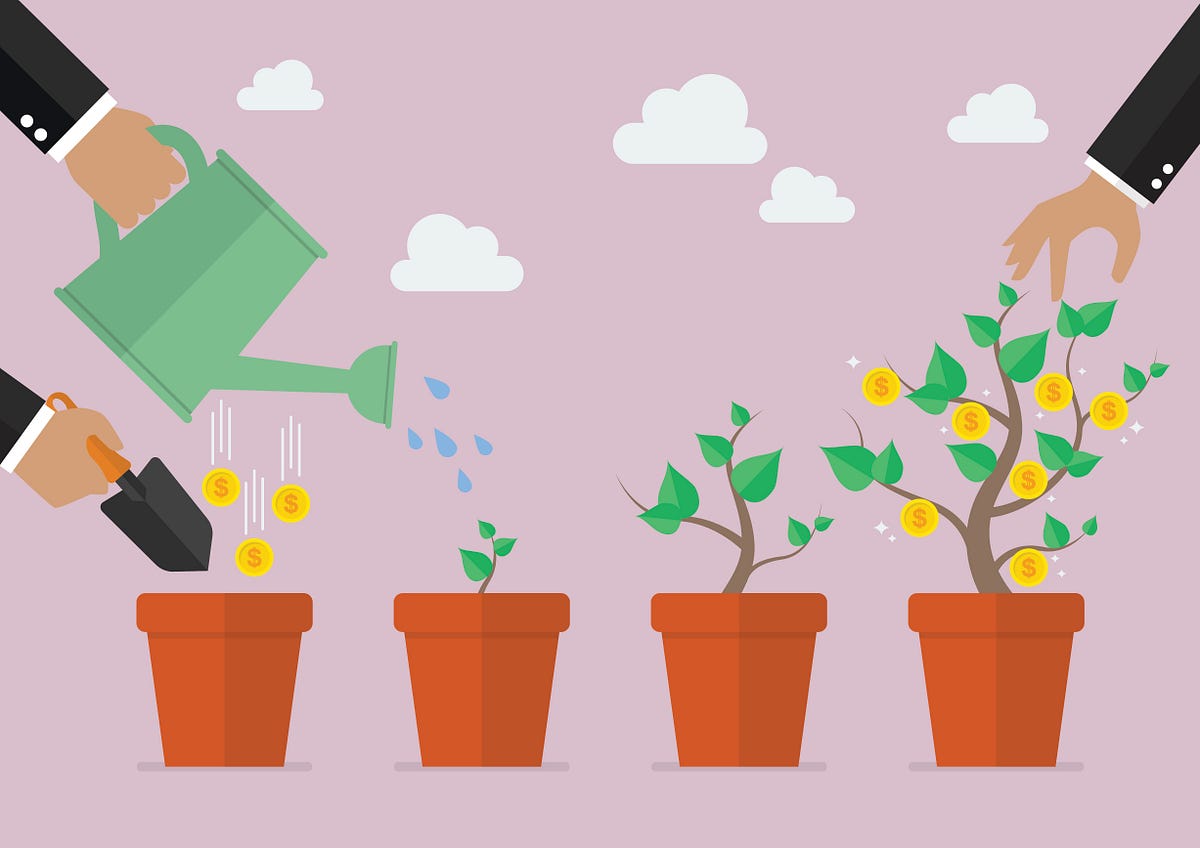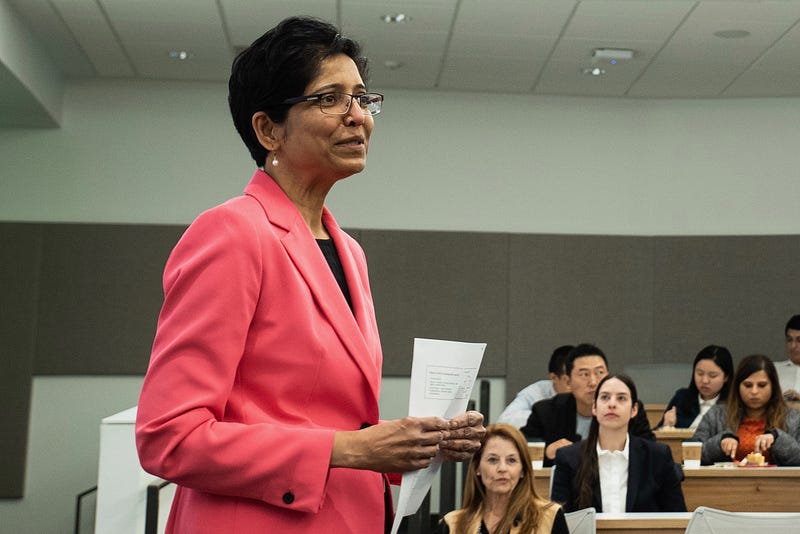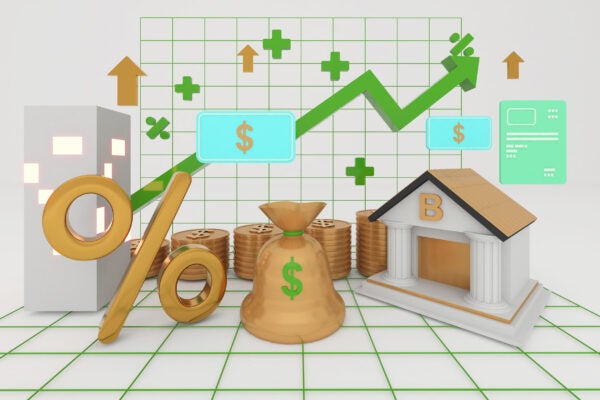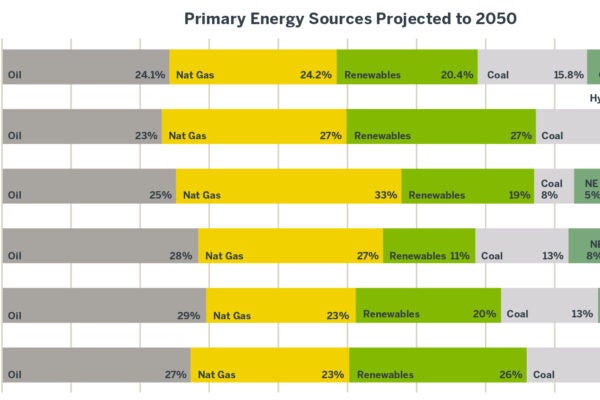Earning a More Positive Return
Social and environmental concerns have investors increasingly aiming for a beneficial impact
By Meeta Kothare

One of my life’s great joys has been the opportunity to marry my passion for social impact with my love of finance.
In 2011, The University of Texas at Austin invited me to develop and teach a course in impact investing for aspiring social entrepreneurs and investors. Most students had not heard of impact investing, or investments with the express intention of generating positive outcomes. Impact investors are spending billions of dollars on for-profit companies that do everything from building solar grids to creating student lending platforms to providing blockchain identities for displaced populations.
But it’s not just students who need an education in impact investing. As more investors, business leaders, and workers call for corporate accountability and an economy that serves everyone, we all must consider the benefits of investing for more than just profit.
Sustainable Finance Options
Of course, all investments have “impact.” For a conventional investment focused on financial returns, impacts to society and the environment may by positive, neutral — or negative.
Impact investors, on the other hand, are motivated to invest in companies, organizations, and funds that, in addition to financial return, are explicitly set up to deliver a positive social and environmental impact: maternal mortality prevented, greenhouse gas emissions avoided, plastic waste reduced, or graduation rates increased, for example. Some of these investors accept reduced financial returns or a longer payout period than the typical five to seven years that conventional venture capital firms require. Governments and government agencies, philanthropists, and faith-based organizations have emerged as important impact investors, often in collaboration with the private sector. The best among them are demonstrating that economic value can be created while also elevating social justice and equality and protecting natural resources.
Environmental, social, and governance investing lies at the other end of the sustainable finance spectrum. The priority is financial return but includes an evaluation of a company’s ESG practices. Companies targeted for investment were not necessarily created specifically for their social or environmental benefits but are screened by investors for the impact of factors including their operations, products, workforce policies, and board composition.
CEOs Speak Up
Sustainable finance has grown exponentially over the past decade and now represents $1 in $4 invested in the U.S. securities markets, totaling over $12 trillion dollars, according to the Forum for Sustainable and Responsible Investment. The rate is even higher in Europe.
These trends are not surprising, given the intense debate about the purpose of companies and the nature of capitalism in the 21st century. Chief executives are also speaking up. In August 2019, the Business Roundtable, an association of CEOs of America’s leading companies, made a notable departure from its long-held position of shareholder primacy. Declaring that “Americans deserve an economy that allows each person to succeed,”181 CEOs affirmed their commitment to all stakeholders.
“People are asking fundamental questions about how well capitalism has served society,” said JPMorgan Chase CEO Jamie Dimon, chair of the Roundtable.
These thoughts were echoed at the 2020 World Economic Forum, where the theme was Stakeholders for a Cohesive and Sustainable World. “Capitalism as we have known it is dead,” Marc Benioff, chairman and co-CEO of Salesforce, said at the WEF. “This obsession we have with maximizing profits for shareholders alone has led to incredible inequality and a planetary emergency.”
Indeed it has. From young workers burdened by student loans to seniors faced with prohibitive health care costs, populations everywhere appear to be in revolt about the unfair distribution of prosperity. Additionally, an entire generation has grown up witnessing climate change and hearing dire predictions about the planet’s future. A Harvard Institute of Politics poll found that only 19% of Americans aged 18 to 29 identified themselves as capitalists.
For investors, these unprecedented challenges pose both risks and opportunities. Increasingly, they have demanded companies be better stewards of society and the environment. Through his open annual letter, Larry Fink, chief executive of BlackRock, the world’s largest asset management firm, has been pressing public company CEOs to exhibit commitment to social and environmental action. “Each company’s prospects for growth are inextricable from its ability to operate sustainably and serve its full set of stakeholders…I believe we are on the edge of a fundamental reshaping of finance,” Fink asserted in his 2020 letter.

Business as Usual?
Sustainability frameworks and ratings are developing at a rapid pace, as companies clamor to be ranked highly on major sustainability indexes. By 2018, 92% of S&P 500 companies disclosed sustainability information.
Nevertheless, the Roundtable asserted that “the free-market system is the best means of generating good jobs, a strong and sustainable economy, innovation, a healthy environment, and economic opportunity for all.” To many participants in the impact space, that sounds like business as usual.
Can we have it all? Can we have free markets and a carbon positive world? Can we have capitalism and reduced social inequality? Companies and investors require a longer view on performance and must collaborate with government and civil society in unprecedented ways. Business leaders need multidisciplinary training to understand their changing role. Some firms are leading the change, faced with the realization that business as usual will not cut it.
At a time when capitalism is being denounced by many, corporate sustainability and sustainable finance might be the key to saving capitalism in the 21st century.
Meeta Kothare is director of the Social Innovation Initiative at the McCombs School of Business
About this Post
Share:


